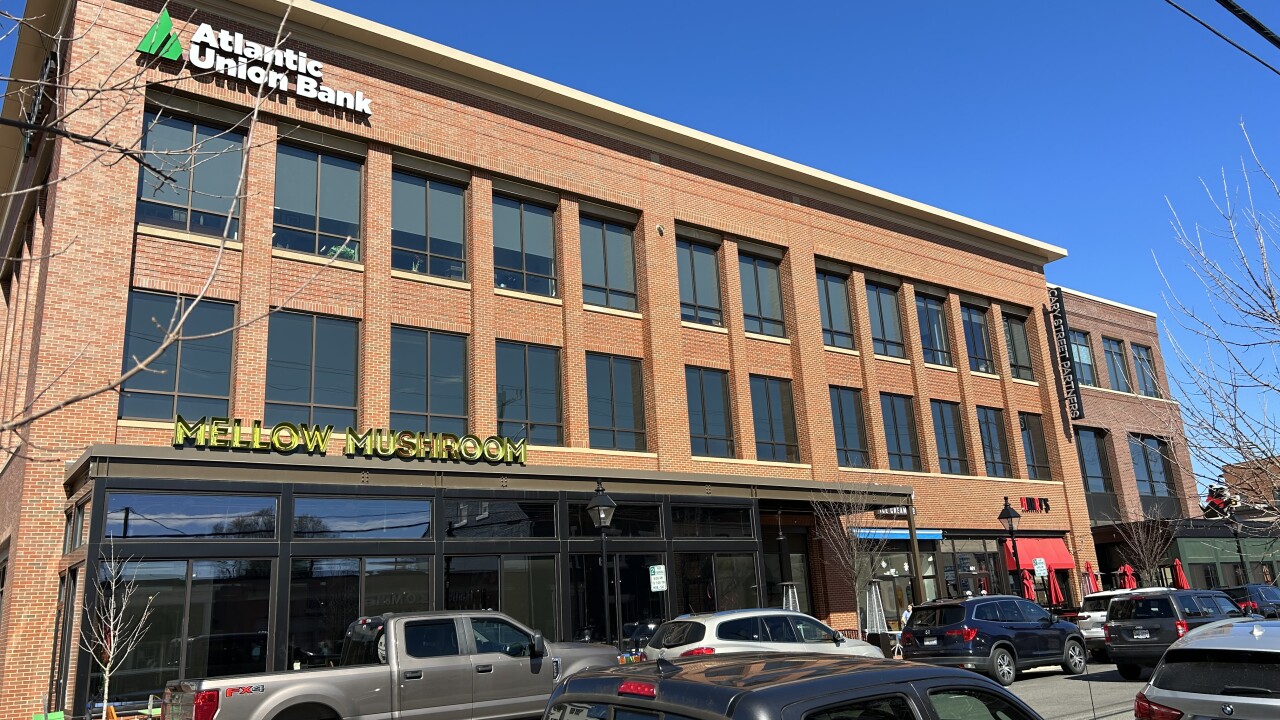With the cost of processing business transactions remaining stubbornly high, a number of U.K. fintechs are working to facilitate open banking payments, a method which could soon enable consumers and businesses to make faster payments at a lower cost.
In recent years, mobile point-of-sale machines have helped transform payments processing in the U.K., driving the increased acceptance of cards in the economy through smaller and more cost-effective terminals which have enabled new providers such as iZettle to enter the market and undercut traditional acquirers.
However, while mobile POS machines have increased convenience, their pricing is still tethered to credit card interchange. Interchange rates on corporate cards currently start at around 1.25%, making a considerable dent in profits once network/scheme fees and acquirer fees have been added on. Because of this, fintechs such as Nuapay predict that initiatives encouraging account-to-account payments through Open Banking have the potential to significantly disrupt the SME payment space.
“Unlike consumer card fees, the EU is yet to regulate B2B card fees, and these remain significantly expensive, particularly for small businesses,” said Nick Raper, head of Nuapay U.K. “Account-to-account payments could become the default cashless payment method in some face-to-face environments where the volume of transactions is relatively low, the average transaction value is relatively high, and contactless has low penetration. Travel agents, remittance or money transfer businesses, boutique retail, real estate services, and business services all typically fit this bill and are highly suitable for Open Banking payments via mobile devices.”
Raper pointed out that there are still many small businesses in the U.K. that have not been able to roll out POS terminals at scale because they consider them uneconomical, and so currently collect payments either via cash or invoice. These businesses could also stand to benefit from Open Banking payments.
As a result, Nuapay is currently piloting a face-to-face Open Banking payment offering for small service businesses, starting with money transfer operators and accountancy services.
“Agents present a QR code to their customer, enabling the customer to transfer money to the agent via an Open Banking payment on their mobile phone device and authorize the payment with their biometrics,” explained Raper. “This can take as little as 20 seconds and there is no data entry needed. The transfer then is sent direct to the agent in real-time using the account-to-account payment rails in the U.K, without using the card networks at all.”
Because the payments are being made in real-time, other fintech CEOs have suggested that the enhanced speed of Open Banking payments could deliver significant cash flow benefits for small businesses, reducing their working capital needs. The ease of automation means they could also potentially address the late payments problem faced by so many SMEs and sole traders.

“For many sole traders, their clients can have relatively immature finance processes and [may] not be great at managing payments well,” said Sam O’Connor, CEO of Coconut, which provides payments services for the self-employed. “It can also be hard for a sole trader to stay on top of late payments, so some might slip through the net. As a result, direct account-to-account payments could be the way forward.”
However, one of the challenges facing Nuapay and other fintechs in this space is that Open Banking payments are still all fairly new, and it has taken time for many of the major banks to provide usable APIs.
“Open Banking payment providers like Nuapay maintain connections to the APIs of each of the major banks,” said Raper. “Everybody in the industry would acknowledge it has taken longer than hoped for the banks to provide reliable, workable APIs, but the technical connections have certainly improved significantly over the last six months of 2019.”
But aside from the technological glitches, a greater challenge to widespread adoption of Open Banking payments remains educating consumers and businesses alike about what they are, and the potential benefits.
“Most consumers and small businesses would never have heard of Open Banking, let alone understand what it is,” said Raper. “And many people have been taught not to make payments via links received. So we need to do a fair bit to get them to understand what an Open Banking based payment is, what the benefits for them are, why it is secure, and how they can resolve any issues or concerns that they might have. This will require many operators working together to ensure consistent messages to payers.”





